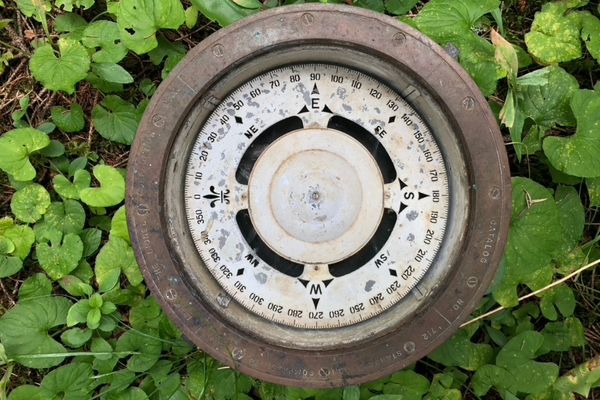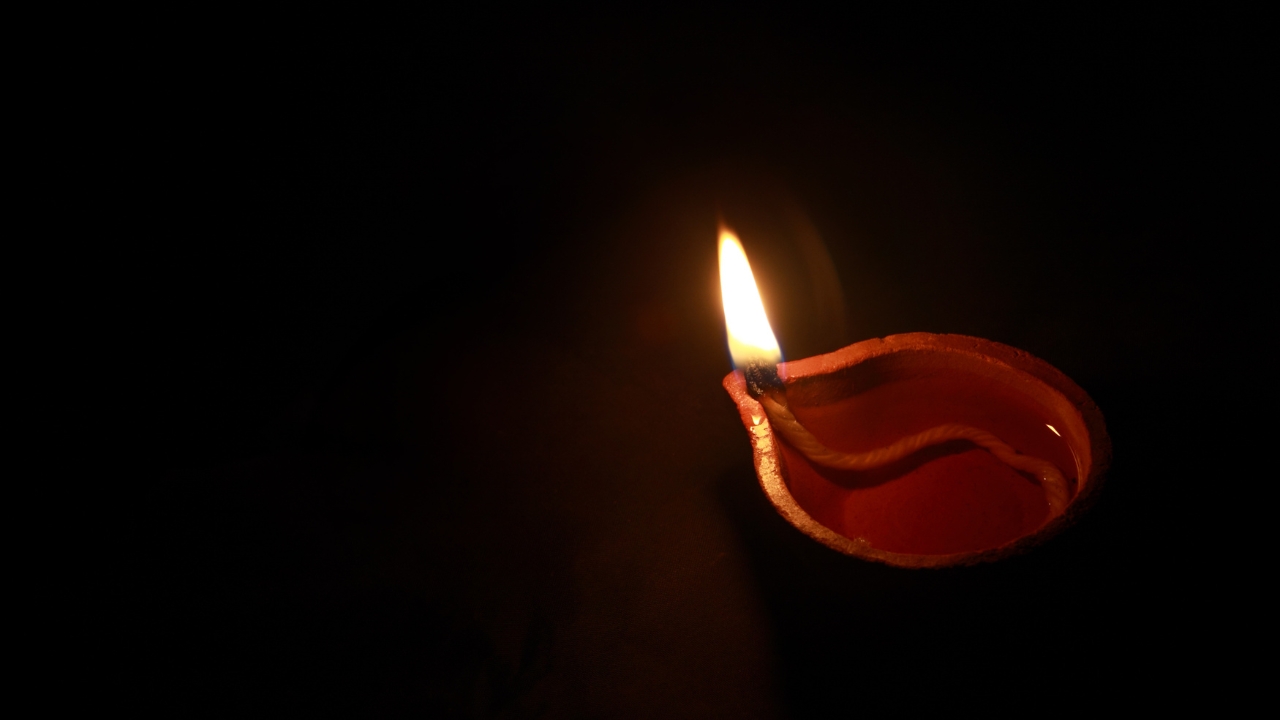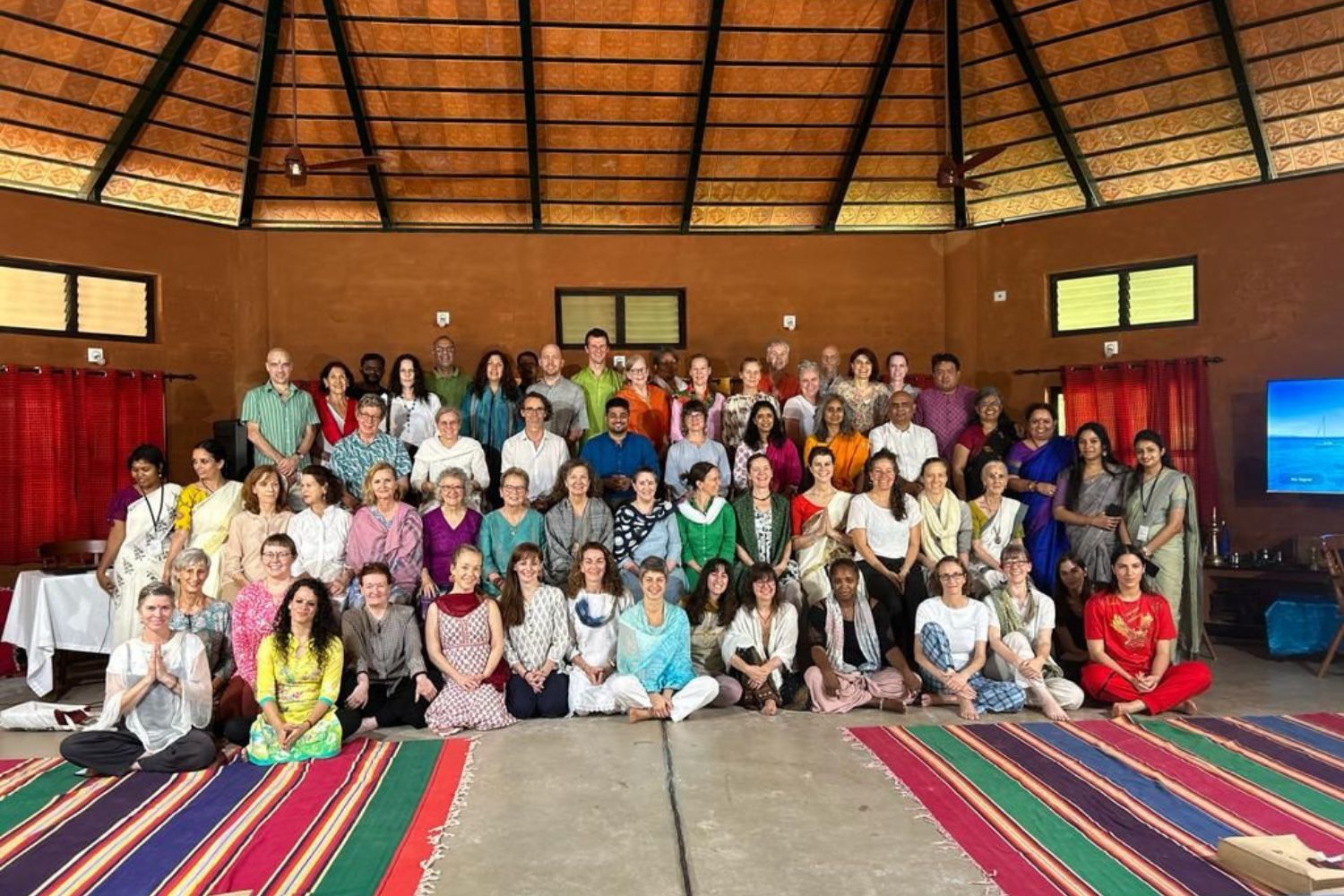Welcome to satsangam.net
Orienting students to the context in which Indian wisdom traditions exist
~ Neem Karoli Baba
~Fred Smith
~Caraka Saṃhitā: Śārīrasthāna:V:7
~Suśruta Saṃhitā: Sūtrasthāna:IV:5-6
~Nina Rao
~Dr. Robert Svoboda
~Dr. Robert Svoboda
~Allison Dennis




